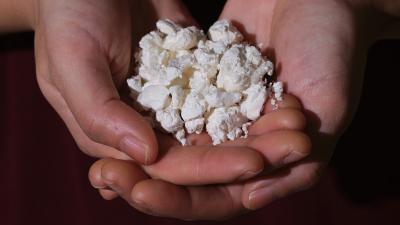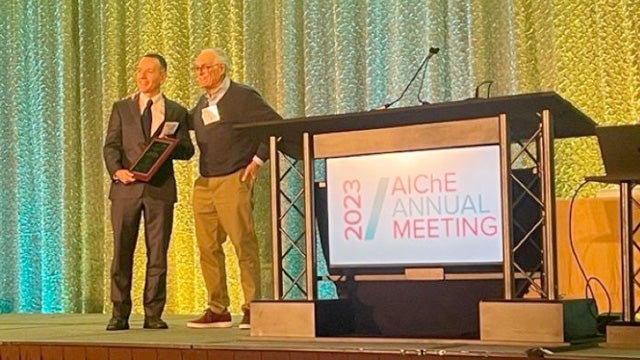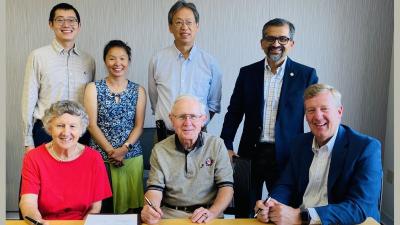The June Wispelwey Bio Leadership Fellowship award is in honor of June Wispelwey’s outstanding leadership as the founding Executive Director of the Society for Biological Engineering (SBE) and previous work and legacy as the outgoing Executive Director and CEO of AIChE. Professor Koffas was selected as the first recipient for his fellowship project, "Development of animal-free biomanufacturing of animal natural products for biomedical applications." He was presented the award on Tuesday, November 7, 2023 at the 2023 annual AIChE meeting in Orlando, Florida.
Prof. Plawsky has had a number of experiments conducted on the International Space Station, but the two most recent ones deal with heat. The first experiment will examine the movement of heat and liquid within a heat pipe. Heat pipes are used to cool critical microelectronic components like in your laptop, the Mars Rovers and satellites. The second will test and validate theories of boiling and condensation.


 RPI Researchers Engineer Bacteria That Eat Plastic, Make Multipurpose Spider Silk
RPI Researchers Engineer Bacteria That Eat Plastic, Make Multipurpose Spider Silk




 RPI Student Team Sets Records with Aircraft Design and Piloting at Global Competition
RPI Student Team Sets Records with Aircraft Design and Piloting at Global Competition
 AI Rethought: RPI Researchers Propose a More Effective, Human-Like Approach
AI Rethought: RPI Researchers Propose a More Effective, Human-Like Approach
 Zheyu Zhang Appointed Richard P. Felak ’66 ’67G and Joan C. Felak Endowed Faculty Fellow in Electric Power Engineering at RPI
Zheyu Zhang Appointed Richard P. Felak ’66 ’67G and Joan C. Felak Endowed Faculty Fellow in Electric Power Engineering at RPI
 Pazour and Hekimoglu Named James M. Tien ’66 Dean’s Faculty Fellows in Decision Sciences and Engineering Systems
Pazour and Hekimoglu Named James M. Tien ’66 Dean’s Faculty Fellows in Decision Sciences and Engineering Systems